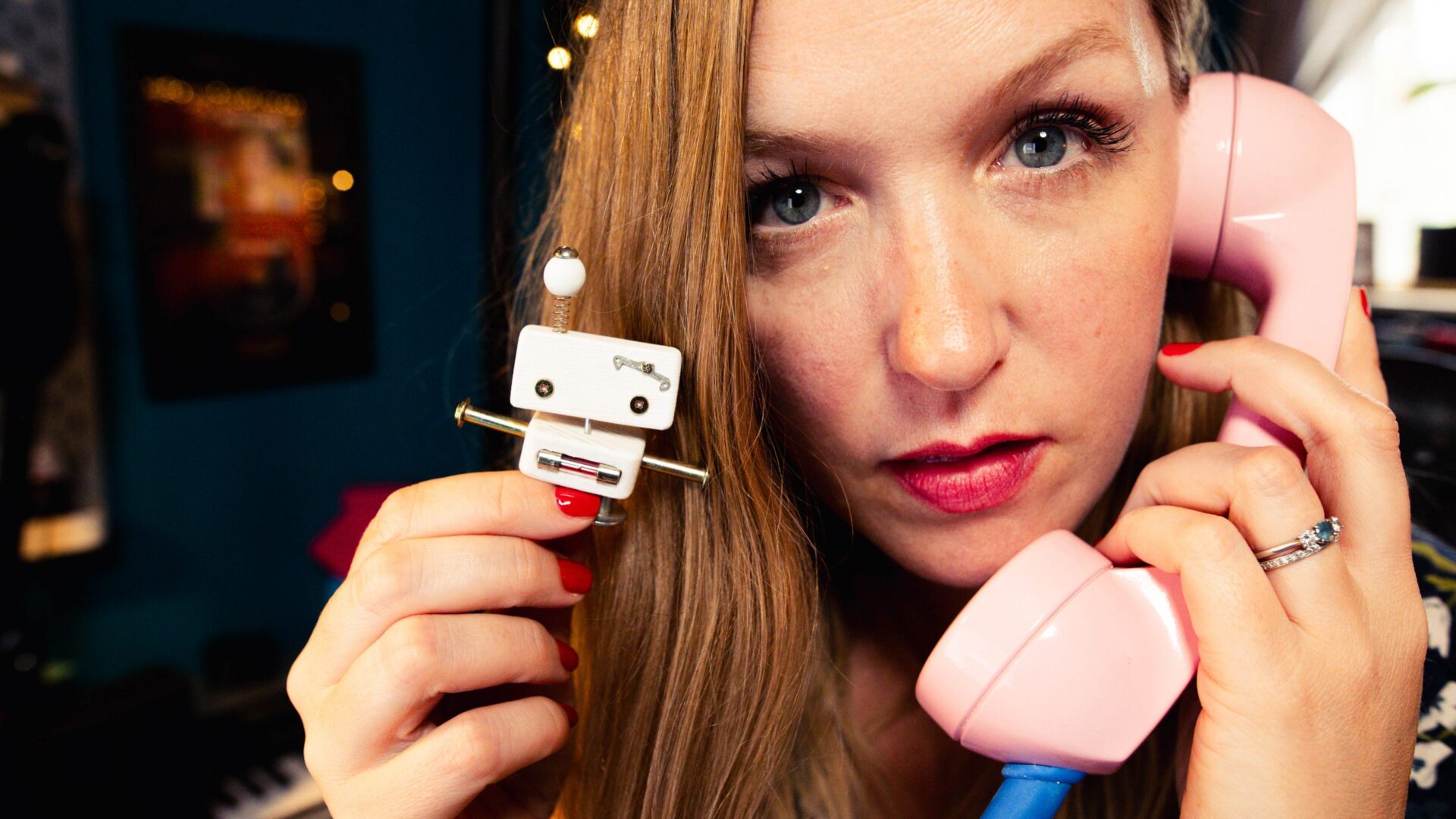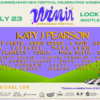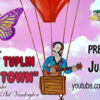The recent wobbles with Twitter under Elon Musk’s leadership again raised some very interesting points about musicians’ digital identities and how much control they ultimately have. If Twitter collapsed tomorrow, what would you lose? How much of your promotion, your audience and your ability to ‘sell’ is tied up in that site or others like it?
It will probably survive and if it doesn’t another one will come along almost immediately (oh, hello, Threads) doing exactly the same thing, but we could easily see another MySpace scenario. It was the first major social media platform, artists built whole careers on it and then it was gone, with them having to start again.
Since MySpace first appeared on the scene, it has become normal to conduct business via platforms owned by corporations, billionaires and tech start-ups, and in many ways opened up doors to independent artists like never before. It has become so natural we don’t even think about who ‘owns’ what we do, and that ownership is ultimately what is in discussion here.
In this reality, so much from marketing to releasing and distributing music is if not owned by others, stored by them in places over which artists have no control. These platforms provide streamlined user experiences and vast potential audiences for free or limited costs, a seemingly utopian idea for independent artists, but that doesn’t mean there aren’t also issues.
We see these places as a constant, as solid, but is it implausible that Twitter, Bandcamp, TikTok (or whatever it is you are using) could disappear tomorrow? No one is suggesting not using these services, I do, you do, we all do in some respect. The question is ‘how do I ensure something constant and solid online for my band?’
One obvious way is to have your own website, a hub for everything that your band is, not controlled by anyone else. “Having your own website really is a good investment. Having that constant presence that is under your control is a big positive. No matter what happens with all these other platforms you have a place you can control and a place to engage with fans regardless. You can also stick everything that do, even through the other places, all in one place. There are more positives than negatives to having your own site,” says Dave Stainsbie, from The Creative Corporation who launched a band-focused WordPress theme Bandtheme used by Johnny Marr, Nova Twins, Dream Nails and The Delgados.
When it comes to the positives of ownership, few highlight them better than Laura Kidd aka Penfriend and Obey Robots. Initially working as She Makes War, she gained a healthy 20,000 plus fanbase on Myspace, which almost disappeared when it died, with none of them following her elsewhere. Her real ‘nightmare‘ (and turning point), like so many other musicians, came when Pledge Music collapsed in 2019.
‘When Pledge Music folded, it took £6,000 of my fans’ money with it – that was quite a lot of my profit for my 2018 album ‘Brace For Impact’. I’ve always been in control of my releases and finances, but that was the last straw for trusting bigger platforms,’ she said.
‘I’ve never used Patreon, but when I set up my member’s club in 2019 (right after the Pledge debacle) I decided against using it because I wanted to reduce the transaction fees for my people and found a way of using my website as the main hub rather than another platform.’
Kidd decided that she should have complete control – and who can blame her? And it has worked, her album Exotic Monsters reached number 24 on the official UK charts in 2021; last year, her Obey Robots album One in a Thousand reached number 14. Not bad going!
It can’t be ignored that Kidd is exceptionally motivated, great at planning and willing to put the work in on a daily basis to create a sustainable career in music. At the heart of it is ownership, something that she puts huge importance on.
‘It’s everything to me,’ she exclaimed. ‘I’ve been a full-time maker of my own music, videos and podcast episodes for the last four years, completely funded by my member’s club, music and merch sales.’
‘I make very little from streaming, and very little from royalties, and I don’t have a secret job,’ she added.
One major thing that comes from this idea of ownership, something that both Stansbie and Kidd highlight is the control of fan information. Having a spot to collect and control your own fans data, that won’t disappear at the drop of a hat, is a powerful tool in this new digital world, as Kidd explains, “I want to underline just how important growing and communicating with my mailing list is to my ability to do this full time.”
‘I was happily freelancing for many years before this, and there’s nothing wrong with having any sort of job, but when I was starting out I didn’t realise how much smoke and mirrors was going on with other artists, and at times I felt like I was failing because everyone else seemed to be doing it full time, and when I realised they weren’t it seemed like a completely unattainable dream. Now I know it isn’t, and I know it’s because of having a mailing list, and I want others to know that too because the best time to do something about it was 10 years ago, but the next best time is NOW,’ she added.
In many ways, this is not new, it harks back to the classic model of independent music made digital. With paper mailing lists (for post and then email) artists collected details through one point, releases were put together by the artist (and the label) and then they found places to distribute. Yes, there were outside forces like music press, radio and which shops wanted to stock but ultimately the whole process was owned by the artist (and small labels) right up to the point of sale. This changed, in many ways, with the digital era and tech giants creating platforms to help these processes, and it is worth looking to the past to see how a future might be sustainable.
The positives of taking ownership of your image, your music and your data online are obvious and now is the time for musicians to seriously consider reducing their reliance on what other people are doing.




